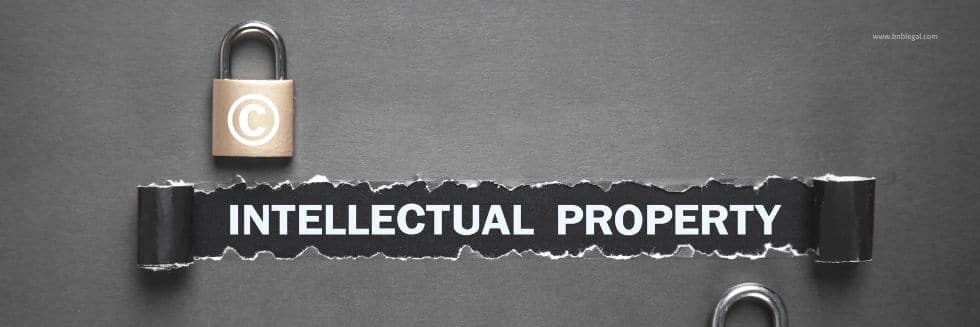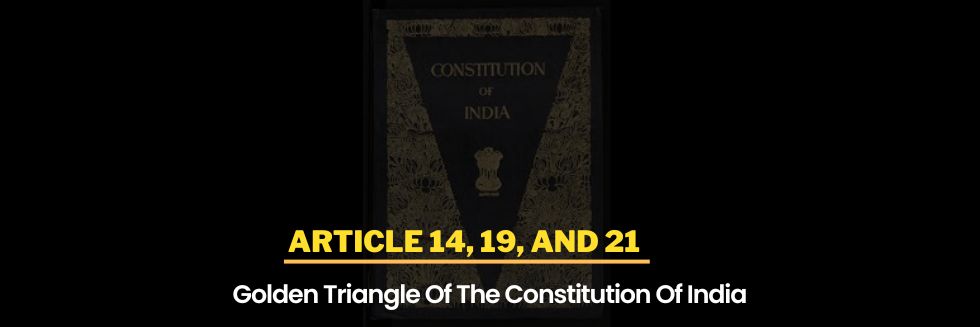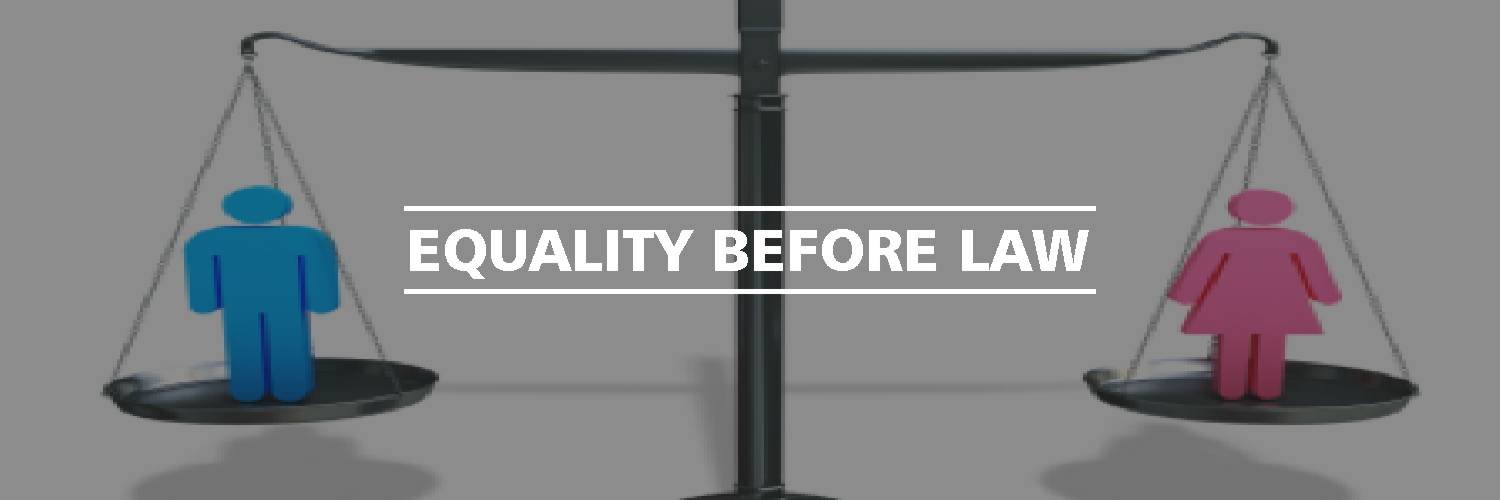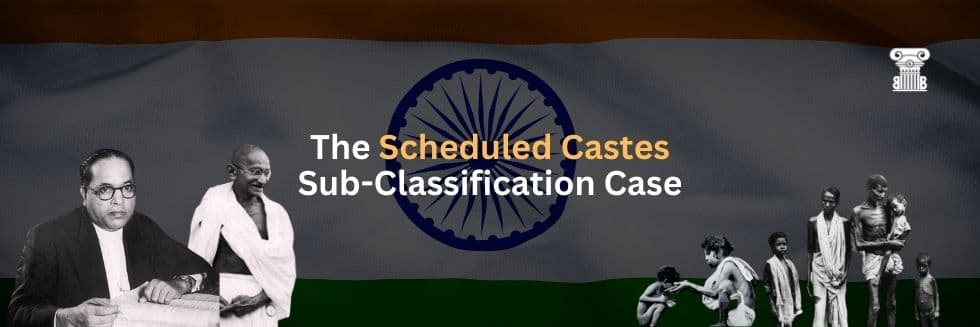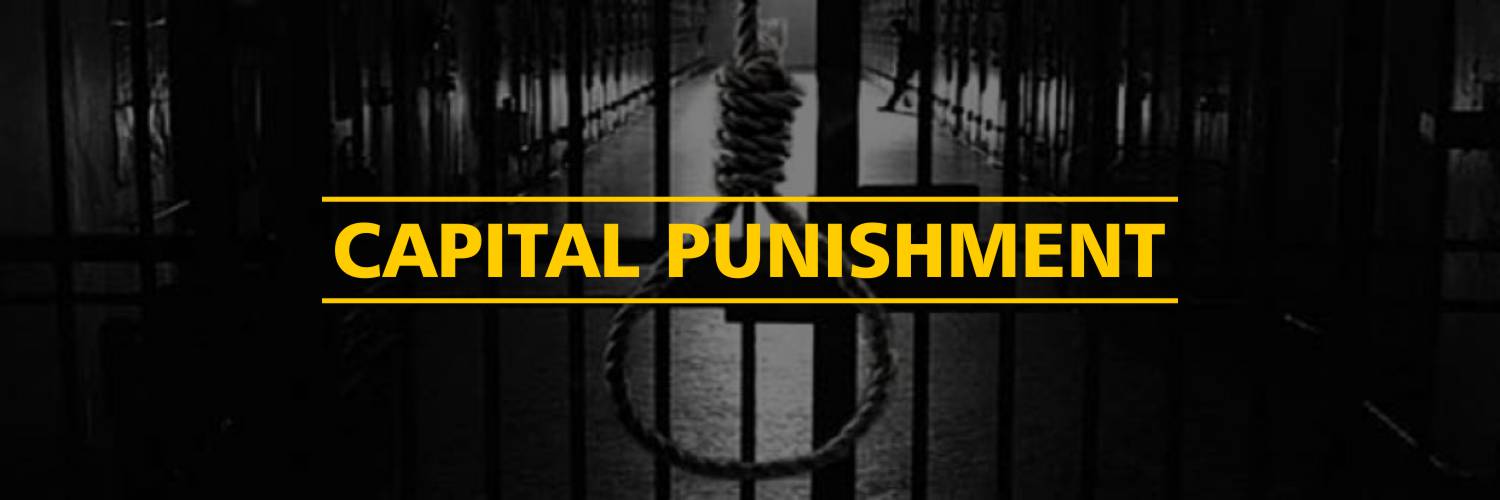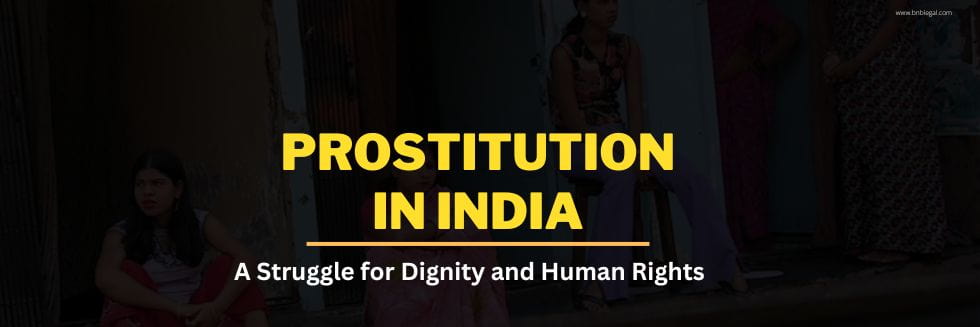Introduction
According to the International Trademark Association, the right of publicity is an intellectual property right that protects against the misappropriation of a person’s name, likeliness, or other indicia of personal identity, including nicknames, pseudonyms, voice, signature, etc., for commercial considerations.[1]
In a widely reported event, Sachin Tendulkar had lodged an FIR with the Mumbai Police under Section 420, Section 465 and Section 500 of the Indian Penal Code against unidentified persons associated with a drug company, who claimed their products were endorsed by Sachin Tendulkar. He had never given them any such permission. He contended that this led to maligning his image.[2] In an age where Cricket is slowly becoming a global sport through its recognition in the 2024 Olympics[3] and cricketers are attaining a celebrity status of their own, especially in India, where they are revered as icons, would the right of publicity not warrant immunity from such unauthorised misrepresentations?
The present article discusses the extent of the right of publicity afforded to celebrities, its balance with other rights, and the need for statutory recognition.
Background and Evolution
In India, the right of publicity does not have an explicit statutory recognition. Accordingly, the recourse, and what constitutes the breach of such right, is derived from other statutes that have inculcated the right of publicity as enumerated.
Section 14 of the Trade Marks Act, 1999, affords such right to a person by providing for the consent of a person, living or dead (for less than 20 years from the date of the use of such mark), to register the trademark. Accordingly, an individual cannot register a trademark related to a person, living or dead, without such person’s or his successor’s consent.
This right is also recognised as a part of the right to privacy under the Indian Constitution. Still, since it can only be enforced against the state, holding individuals liable for violating such rights becomes difficult.
Section 38 and Section 57 of the Copyright Act, 1957 also provide protection to a performer’s or author’s marketing rights and reputation.
The right of publicity has been held as an enforceable right through various judicial pronouncements. The Delhi High Court’s judgment in ICC Development (International) Ltd. vs. Arvee Enterprises[4] is the leading case law on the subject matter. This judgment is significant because it restricted the scope of the right of publicity to living entities only. This distinction further implies that such a right would only vest in an individual’s fame or eminence through their association with an event. Although, such a right would not vest in the corporation or the organisers of such an event. A violation of this right would constitute a violation of the individual’s rights instead of the corporation.
Balancing Rights and Interests
A glaring issue with introducing the right of publicity into the Indian legal framework would be its co-existence with the existing rights, including the Right to Freedom of Speech. The right to freedom of speech is protected under Article 19(1)(a) of the Constitution of India, and according to Express Newspaper vs. Union of India[5], commercial speech also forms a part of free speech under Article 19. Accordingly, any restriction on the freedom to use commercial speech must violate Article 19.
At this point, the Delhi High Court interjected in the ICC Development (International) Ltd.[6] case by differentiating between the Indian Article 19 and the American First Amendment[7]. Unlike the latter, the freedom of speech under Article 19 is restricted on the grounds specified under Article 19(2). Commercial speech, therefore, cannot be curtailed, but the right to privacy of an individual must take primacy over this right.
It will be a legislative headache to determine the scope of a right of publicity, especially when afforded to celebrities in India. Would it just be a matter of the right to privacy or intellectual property?[8] At the outset, it must be established that it becomes increasingly difficult for a celebrity to find a tortious action based on a violation of privacy. Their lives are widely publicised, with even their private matters reaching the headlines. It must be noted that the burden of proof is also higher for certain torts, such as defamation, when a celebrity brings the action. When solely considering celebrities, would it be correct to root the right of publicity in the right to privacy? Since at its consummation, the right of publicity is concerned with the determination of the right to make commercial gain out of a celebrity’s persona, it must be covered under property rights and correctly classified as an intellectual property right.
Another issue, as discussed in the ICC Development (International) Limited case[9], was whether the right of publicity can be assigned to a non-living entity. In Titan Industries Ltd. vs. M/s. Ramkumar Jewellers[10], the Delhi High Court countered the decision in the ICC case[11] and held that a right of publicity also vests in a non-living entity. Two separate decisions of the same High Court stand countering each other. A middle path could be sought. Such right should be assigned to a non-living entity only to the extent of its relation with the living entity involved and only after discussing the possibility of delineating the non-living entity from the persona of the celebrity.
Since there is no statutory backing available, and in the absence of a defined legal framework to approach the court in case of a violation of the right of publicity, the celebrities approach the court, often pleading for the grant of an injunction against the misuse of their persona. The effects of such false advertisements on consumer choice and welfare also need to be gauged to make a strong case for formulating a legal framework. Where consumer welfare is involved, important issues like preventing the misuse of a celebrity’s persona must also be raised. Currently, the reliefs provided are only in the form of compensation. Although there is some deterrence effect, it cannot achieve the same effects as a penal provision entails.
The Character of a Democracy
One of the defining traits of a democracy is the freedom to criticise that is afforded to its citizens. Unconscionable statements, actions against public policy and morality, unconstitutional remarks and decisions, etc., must be called out by its citizens. An effective method of doing so at the disposal of a vigilante citizen is the use of satire through jokes, comics, cartoons, films, books, etc. In employing the persona of a celebrity in satires, the right of publicity must not operate because it would damage the essence of democracy.[12]
In D.M. Entertainment Pvt. Ltd. vs. Baby Gift House[13], the effect of overemphasis of the right of publicity over the right to freedom of speech and expression “might chill the exercise of such an invaluable democratic right”.
Conclusion
The right of publicity in India is a complex issue with no clear statutory backing. While some judicial pronouncements have recognised the right, there is still much uncertainty about its scope and application. One of the critical issues is balancing the right of publicity with other fundamental rights, such as freedom of speech and expression. Another issue is determining whether the right of publicity canw be assigned to a non-living entity. With a clear legal framework, celebrities can seek relief through the courts. The need for statutory recognition of the right of publicity is clear, as it would provide much-needed clarity and certainty to this area of law.
[1] Right of publicity (2021) International Trademark Association.
[2] Sachin Tendulkar’s name used for endorsement of medicinal products without permission, police register case (2023) Hindustan Times.
[3] Menon, S. (2023) Cricket at the Olympics – good news all around for a sport going global, The Hindu.
[4] 2004 (1) RAJ 10.
[5] (1985) 2 SCR 287.
[6] supra note 8.
[7] U.S. Const. amend. I.
[8] Indulia, B. and Ridhi (2022) A cause Célébre : Publicity rights in India, SCC Blog.
[9] supra note 8.
[10] (2012) 50 PTC 486.
[11] supra note 8.
[12] Legal position in India pertaining to infringement of right to publicity of a celebrity (no date) Khurana and Khurana.
[13] MANU/DE/2043/2010.
This article is written and submitted by Vansh Gaint during his course of internship at B&B Associates LLP. Vansh is a 2nd year BA LLB student at Gujarat National Law University.
